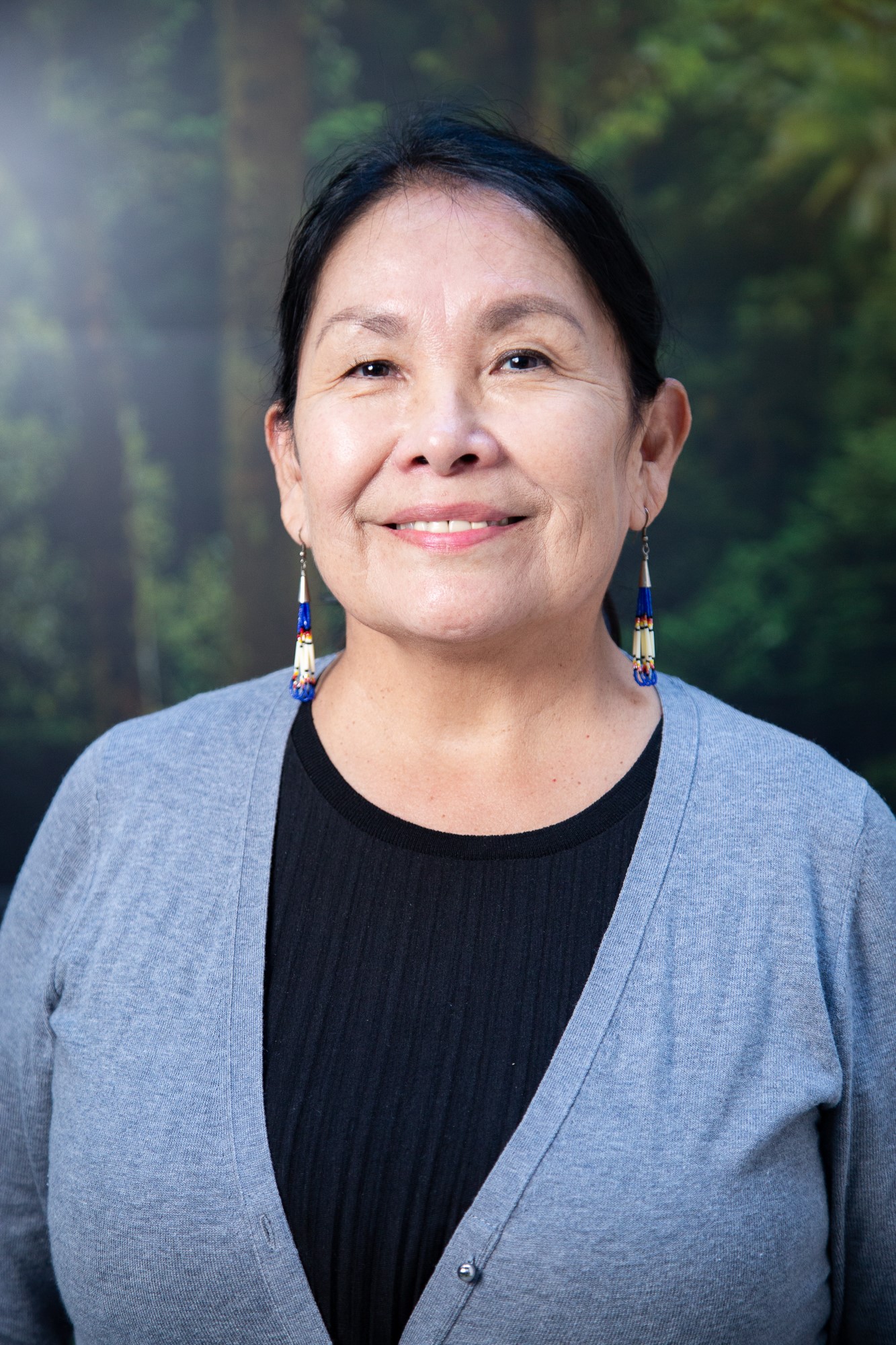apartmentApply to Osborn Pointe! Learn more about this 55+ community opening in PHX this month.

"She brings extensive experience in healthcare leadership and business consultation to the role."
FOR IMMEDIATE RELEASE
Media Contact: Melissa Kaszuba
Email: melissa@uriascommunications.com
Phone: 732-865-6687
Phoenix, Ariz. – Today, Native American Connections (NAC) announces the hiring of Trula Ann Breuninger as its new CEO. Breuninger has over 20 years of experience in the healthcare and social services industry, working with private enterprises and tribal governments in Arizona, California, New Mexico, Oregon, and Massachusetts. Breuninger begins her new role on June 5, 2023.
"I am deeply honored and humbled to step into the CEO role at Native American Connections,” said Trula Ann Breuninger, newly appointed CEO of NAC. “For more than 50 years, NAC has been a significant leader in providing vital services and support to individuals, families, and communities in Arizona and across the country. I look forward to working closely with our dedicated staff, partners, and the community to advance our mission and continue to positively impact the lives of those we serve."
Breuninger earned a Master of Public Health from the University of California, Berkeley School of Public Health, and a Master of Business Administration from Arizona State University, W.P. Carey School of Business. She served as a Tribal Administrator and is passionate about supporting organizations that strive to bring value to clients and patients. Breuninger also held positions such as CEO, CFO, and COO for a number of tribal health programs and community health centers and has been instrumental in helping nonprofits achieve operational and financial success.
“Trula continues to dedicate her career to advocating for underserved and vulnerable populations, helping achieve health equity, and assuring timely access to necessary healthcare and social services,” said Roxann Gallagher, NAC board chair. “She brings a wealth of experience to NAC, and we are proud to have her lead the organization in this new chapter.”
Breuninger was born and raised in northern Arizona on the Navajo reservation. She is of the Todich'ii'nii (Bitter Water) clan, born for Honághááhnii (One-Walks-Around). Her maternal grandfather’s clan is Tsi'naajinii (Black Streak Wood), and her paternal grandfather's clan is TábÄ…Ä…há (Water's Edge).
Over the past 50 years, NAC has grown from a grassroots organization helping Native American men in recovery from substance use disorders to a Native American-operated non-profit that touches the lives of more than 10,000 individuals and families each year with comprehensive behavioral health and integrated medical services, affordable housing, and community-based economic development opportunities. Breuninger replaces Diana “Dede” Yazzie Devine, who retired from Native American Connections after 43 years of service.
About Native American Connections | Native American Connections has been healing individuals, changing lives, and strengthening communities since 1972. We integrate Native American healing with evidence-based practices to support health and wellness, provide affordable housing, and champion community development projects. We are a leader in developing, building and managing advanced behavioral health and state-of-the-art housing communities, and own and operate 21 sites throughout Central Phoenix. Our services are open to all, and we touch the lives of more than 10,000 individuals and families each year.
“Changing Lives… Building Healthy Communities” | 4520 N. Central Avenue, Suite 600 Phoenix, Arizona 85012 | (p) 602.254.3247 (f) 602.256.7356 | www.nativeconnections.org
Our traditions are the foundation of our organization - explore, learn, and utilize resources available for all.

Get the support you need with health, housing, and community services available at Native American Connections.

Your support changes lives and builds healthy communities. Find ways to get involved.

A "chronically homeless" individual is defined to mean a homeless individual with a disability who lives either in a place not meant for human habitation, a safe haven, or in an emergency shelter or in an institutional care facility if the individual has been living in the facility for fewer than ninety (90) days and had been living in a place not meant for human habitation, a safe haven or in an emergency shelter immediately before entering the institutional care facility. In order to meet the ‘‘chronically homeless’’ definition, the individual also must have been living as described above continuously for at least twelve (12) months or on at least four (4) separate occasions in the last three (3) years, where the combined occasions total a length of time of at least twelve (12) months. Each period separating the occasions must include at least seven (7) nights of living in a situation other than a place not meant for human habitation, in an emergency shelter or in a safe haven.
Federal nondiscrimination laws define a person with a disability to include any (1) individual with a physical or mental impairment that substantially limits one or more major life activities; (2) individual with a record of such impairment; or (3) individual who is regarded as having such an impairment. In general, a physical or mental impairment includes, but is not limited to, examples of conditions such as orthopedic, visual, speech and hearing impairments, cerebral palsy, autism, epilepsy, muscular dystrophy, multiple sclerosis, cancer, heart disease, diabetes, Human Immunodeficiency Virus (HIV), developmental disabilities, mental illness, drug addiction, and alcoholism.